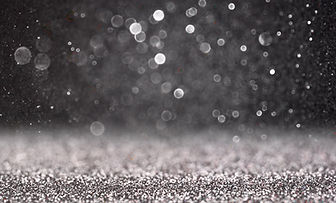
Walden
Henry David Thoreau
Rhetorical Devices:
Polysyndenton:
"The wildest animals do not repose, but seek their prey now; the fox, and skunk, and rabbit, now roam the fields and woods without fear" (1).
""I am no more lonely than a single mullein or dandelion in a pasture, or a bean leaf, or sorrel, or a horse-fly, or a bumblebee. I am no more lonely than the Mill Brook, or a weathercock, or the north star, or the south wind, or an April shower, or a January thaw, or the first spider in a new house" (12).
"We meet at the post-office, and at the sociable, and about the fireside every night; we live thick and are in each other's way, and stumble over one another, and I think that we thus lose some respect for one another" (13).
Rhetorical Question:
"How far apart, think you, dwell the two most distant inhabitants of yonder star...? Why should I feel lonely? is not our planet in the Milky Way?...What sort of space is that which separates a man from his fellows and makes him solitary?... What do we want most to dwell near to?" (5)
"Can we not do without the society of our gossips a little while under these circumstances — have our own thoughts to cheer us?" (10)
Shall I not have intelligence with the earth? Am I not partly leaves and vegetable mould myself? (17)
Anaphora:
Yet I experienced sometimes that the most sweet and tender, the most innocent and encouraging society may be found in any natural object, even for the most poor misanthrope and melancholy man" (4).
Simile:
"Like the lake, my serenity is rippled but not ruffled" (1).
Personification:
"...and such sympathy have they ever with our race, that all Nature would be affected, and the sun's brightness fade, and the winds would sigh humanely, and the clouds rain tears, and the woods shed their leaves and put on morning in midsummer, if any man should ever for a just cause grieve" (17).
Asyndenton:
"What is the pill which will keep us well, serene, contented?" (18)
Juxtaposition:
"The indescribable innocence and beneficence of Nature — of sun and wind and rain, of summer and winter — such health, such cheer, they afford forever!" (17)





